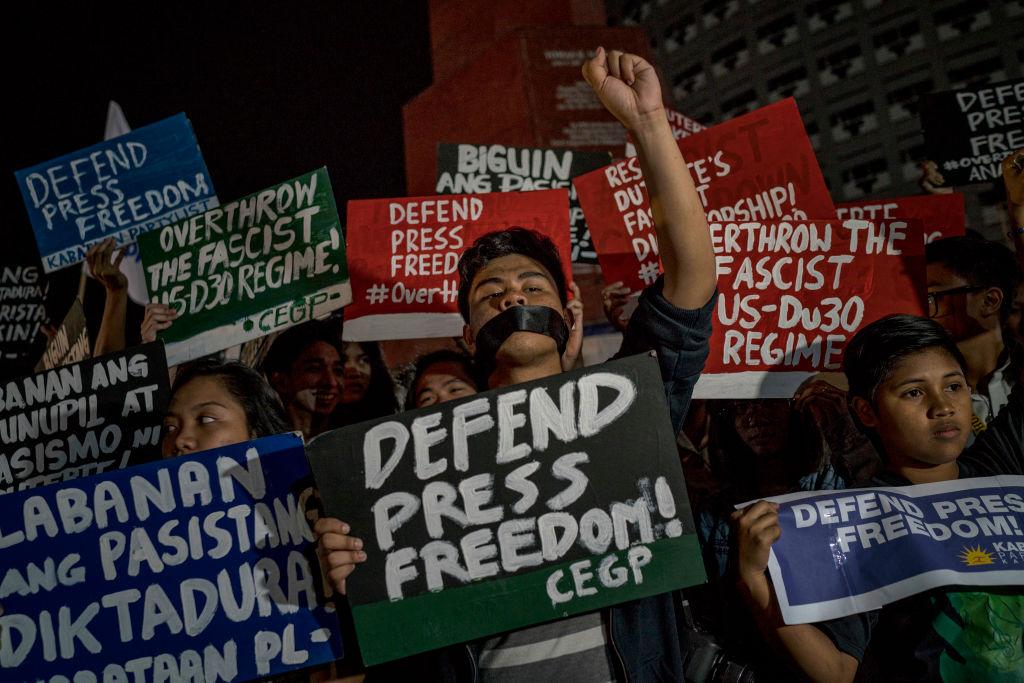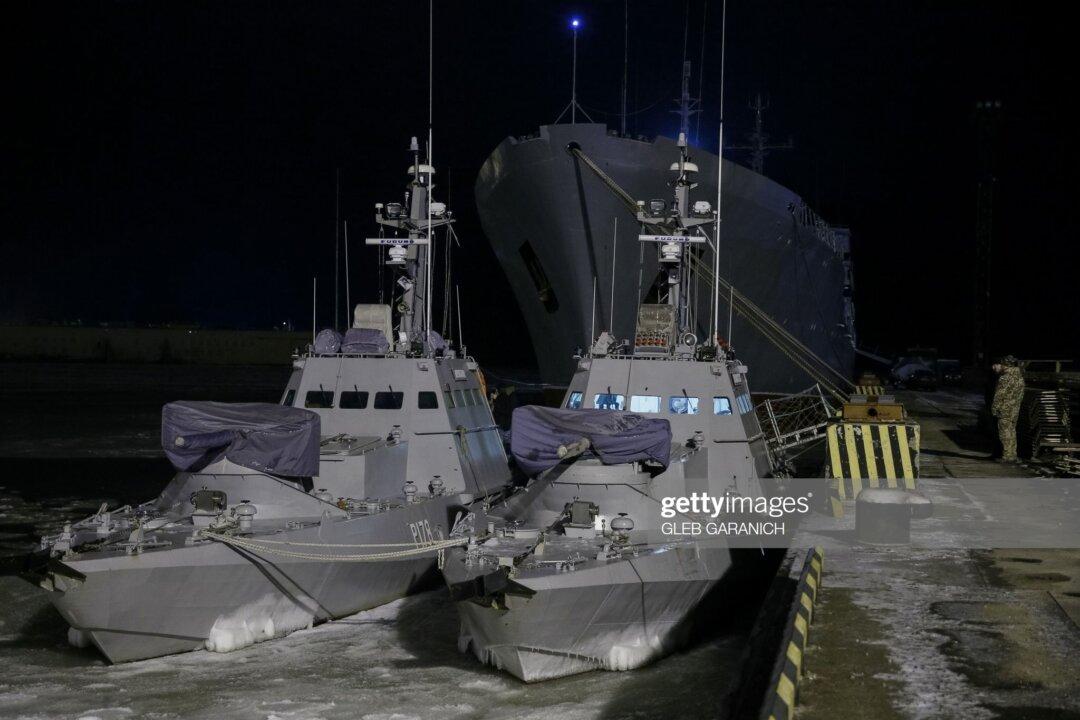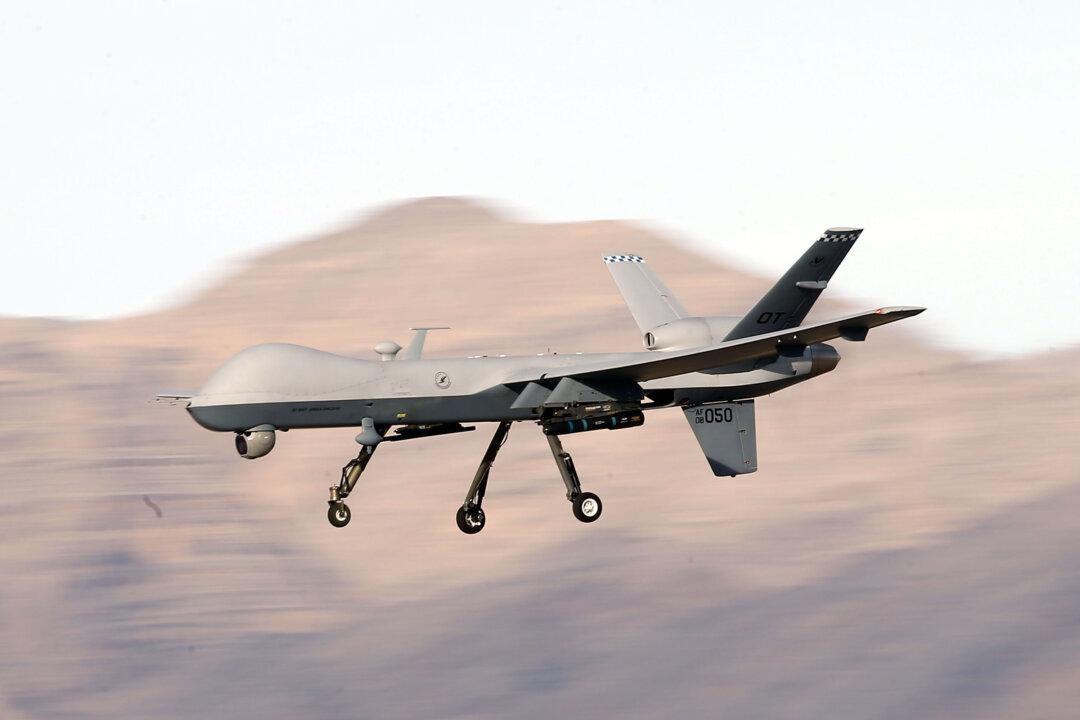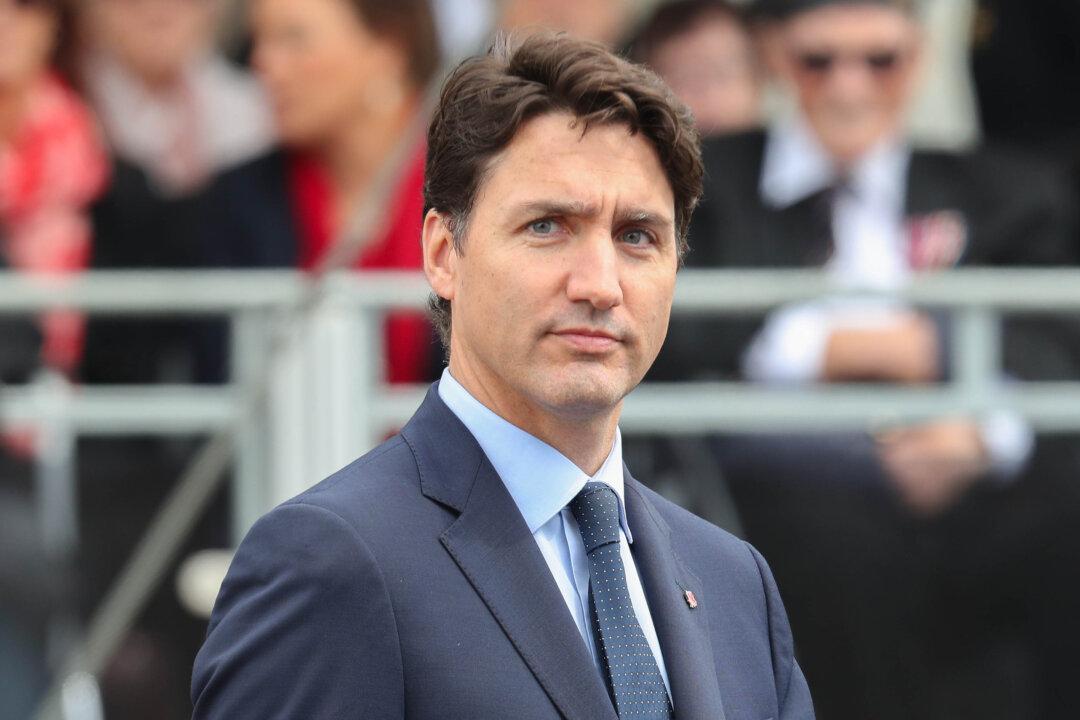“Democracy is the worst form of government, except for all the others.” Winston Churchill
Churchill had a knack for the adroit phrase. And, we can be sure he also realized that ostensibly the “best” form of government is a benign dictatorship in which the dictator appreciates both the limits of his domestic power, the capabilities of his society, and the need to act adroitly in foreign affairs as epitomized by his observation that, “There are no eternal friends or eternal enemies, only eternal interests.”





